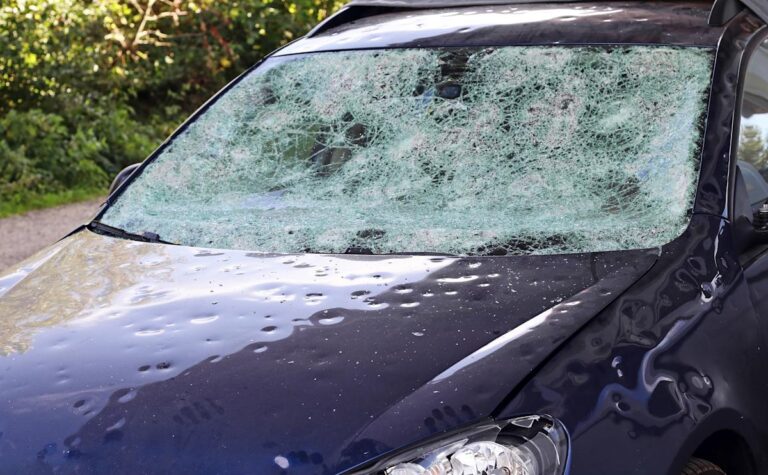
Cars on a passenger ferry sailing out of the port of Palma. Credit: Mark Green / Shutterstock.com
If you are living in Mallorca — or planning to bring a car to the island — you might want to look beyond Palma when it comes to registering your vehicle. Tucked away in the scenic Serra de Tramuntana, the tiny municipality of Escorca has become an unlikely magnet for businesses looking to save on Spain’s annual vehicle tax. In fact, this remote mountain village now ranks as one of the top “fiscal paradises” for car registration in the entire country.
Escorca, with just over 200 residents, registered 3,599 company vehicles in 2024 — up from 2,104 the previous year. That’s 17.7 cars per resident, a figure that even outpaces some major urban centres. The reason for this spike is simple: registering a car in Escorca is far cheaper than in Palma, or indeed in most other parts of Spain.
How much cheaper?
According to the latest report by Automovilistas Europeos Asociados (AEA), registering a standard car (with 11.99 fiscal horsepower) in Escorca will cost you €35. In contrast, the same car registered in Palma will be taxed at €68.16 — nearly double. If your vehicle has over 20 fiscal horsepower, the difference grows: Escorca charges €112, while Palma demands €224.
Motorcycle owners also benefit. A 600cc bike, for example, costs €31 to register in Escorca, compared to €60.58 in Palma.
These savings have turned Escorca into a hotspot for rental companies and leasing firms, many of which base their fleets there for the sole purpose of cutting costs. And it’s not just Escorca — several other small towns across Spain are seeing similar trends. In fact, La Hiruela, a municipality near Madrid with just 83 residents, registered over 4,000 vehicles last year, topping the national list with an astonishing 50.4 cars per resident.
Palma: one of Spain’s most expensive cities for motor tax
Palma, meanwhile, ranks among the most expensive provincial capitals in Spain when it comes to the Impuesto sobre Vehículos de Tracción Mecánica (IVTM) — known more casually as el numerito. Its €68.16 fee for a mid-range car puts it on par with cities like Barcelona, Tarragona, Granada, and Huelva.
Only a handful of places charge more: San Sebastián leads with €87.90, followed by Bilbao (€71.45) and Vitoria (€74.31). Meanwhile, larger capitals like Madrid (€59), Valencia (€58.87) and Seville (€61) are noticeably cheaper. Santa Cruz de Tenerife, at €34.08, is the most affordable capital — even beating Escorca by a few euros.
A fragmented system
So why such large differences? Spain’s tax law sets a national minimum rate for the IVTM, but it allows local councils to adjust the rate at their discretion. They can also apply up to 75 per cent discounts based on engine type or environmental criteria.
AEA argues that this flexibility has “distorted the original purpose of the tax system” and turned dozens of towns into tax havens, as companies register their fleets wherever rates are lowest — regardless of where the vehicles are actually used.
The result is a patchwork system with price differences of up to 900 per cent between municipalities. Critics warn that it’s unfair to residents who end up paying more for the same type of vehicle, simply because of where they live.
What this means for expats
For expats who’ve settled in Mallorca — or those planning to stay long-term — it’s worth considering where you register your vehicle. While Escorca may not be your daily destination, its ultra-low tax rates could save you hundreds of euros over the years, especially if you own more than one vehicle or drive a high-powered car or motorbike.
Of course, this tactic is most beneficial to businesses with fleets or leasing companies, but it also highlights a broader reality: not all taxes are created equal in Spain. So before heading to Palma’s traffic office, check the vehicle tax rates in nearby municipalities — your bank account will thank you.
Stay tuned with Euro Weekly News for the latest news about Europe and Mallorca.



![Sunday is the last day to take advantage of the Chase refinance mortgage rate sale [Expired]](https://thenewsblend.com/wp-content/uploads/2025/12/eed000a0-caf6-11f0-baaf-499d9d48b516-768x512.jpg)


